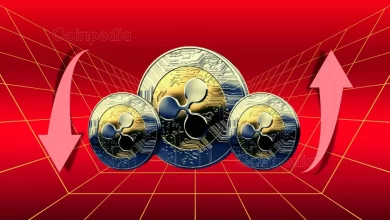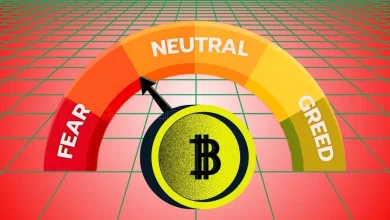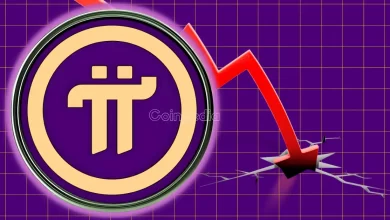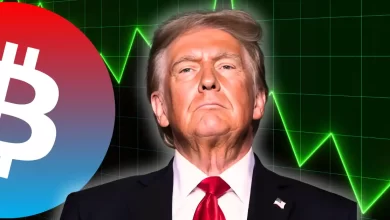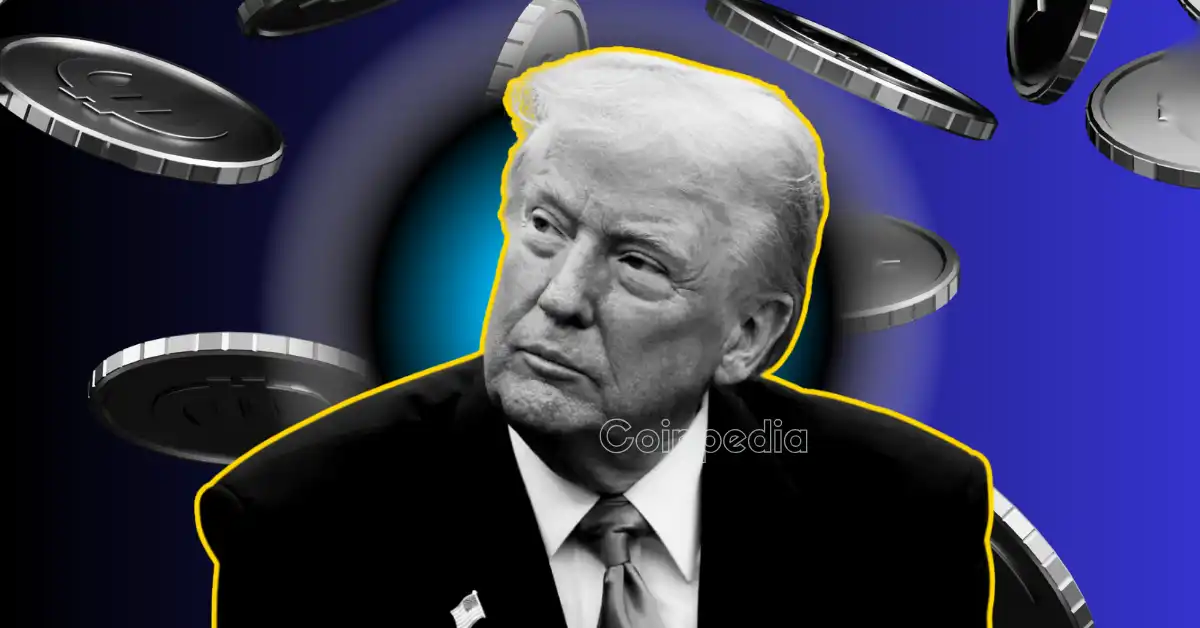
Trump's crypto policies, including the "Bitcoin Reserve," are viewed as politically motivated and potentially destabilizing.
European Central Bank figures criticize the US approach, citing risks to global financial stability.
Allegations of Trump's involvement in memecoin manipulation and the use of seized crypto for the "reserve" raise questions about his administration's true intentions.
Donald Trump’s tariff policies have sparked unexpected market reactions, and his much-discussed Bitcoin reserve plan – once credited for helping BTC reach $109K – has lost momentum. As investors assess the long-term impact, uncertainty has set in, raising concerns about how politics and policy are shaping the crypto market.
At the same time, European financial leaders are voicing caution, questioning whether the U.S. approach to digital assets could bring new risks to the global economy.
Phew. Where is all this headed?
ECB Official Warns: U.S. Crypto Policies Are a Risk
Francois Villeroy de Galhau, a senior member of the European Central Bank’s Governing Council, has criticized the U.S. approach to crypto. In an interview with La Tribune Dimanche, he warned that financial crises often start in the U.S. and then spread worldwide. He believes America’s support for digital assets and non-bank financial systems is an unnecessary risk that could destabilize the global economy.
However, he reassured that Europe’s financial system is well-regulated, making a banking crisis less likely. Villeroy also called for a stronger global role for the euro, urging Europe to build a solid savings and investment system to attract international capital.
Crypto vs. Traditional Finance: A Divided Debate
Not everyone agrees with Villeroy’s concerns. Crypto analyst Christopher Perkins argues that digital assets actually reduce financial risks. He points to the 1974 collapse of Herstatt Bank as an example of how traditional finance has its own weaknesses. Unlike conventional assets, which can take days to settle, crypto transactions happen in real time, improving liquidity and reducing systemic risks.
Drawing from his experience during the Lehman Brothers collapse, Perkins stresses that liquidity is key in financial stability. He believes blockchain technology enhances security and urges European regulators to embrace it for faster settlements and a more resilient financial system.
- Also Read :
- Trump’s World Liberty Financial Slams Bloomberg Report Over Alleged Binance Stablecoin
- ,
Trump and the Memecoin Controversy
Trump’s involvement in crypto goes beyond policy. Reports suggest his family has endorsed unregulated memecoins since he took office, allegedly using his political influence to manipulate prices. Critics accuse him of leveraging the crypto market to recover election expenses and grow his wealth at the cost of investors. Some have even compared his financial strategies to those that contributed to past economic downturns.
The Truth About Trump’s Bitcoin Reserve
Despite the controversy, Trump continues to promote pro-crypto policies, including a Strategic Bitcoin Reserve and a separate digital asset stockpile. His administration has also rolled back multiple SEC lawsuits against crypto firms, signaling a friendlier regulatory stance.
However, analyst Bakcho_Panda highlights a key issue – the U.S. isn’t actually buying Bitcoin. Instead, it has been selling seized crypto assets, fueling speculation that the reserve only grows when more assets are confiscated.
This raises concerns that the government may be using crypto crackdowns as a way to expand its holdings while presenting itself as a supporter of digital assets.
Trump’s crypto playbook keeps changing, but whether it strengthens the industry or shakes its foundation is yet to be seen.
Never Miss a Beat in the Crypto World!
Stay ahead with breaking news, expert analysis, and real-time updates on the latest trends in Bitcoin, altcoins, DeFi, NFTs, and more.

